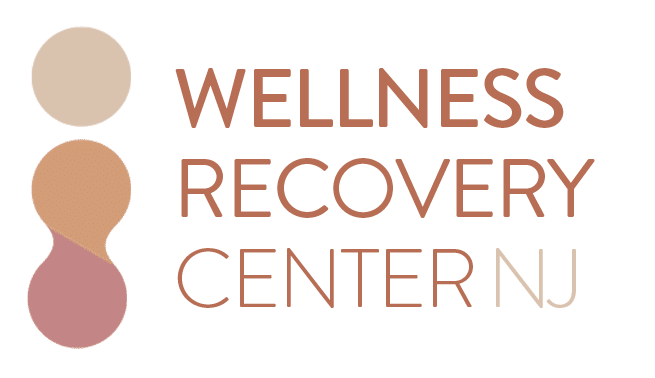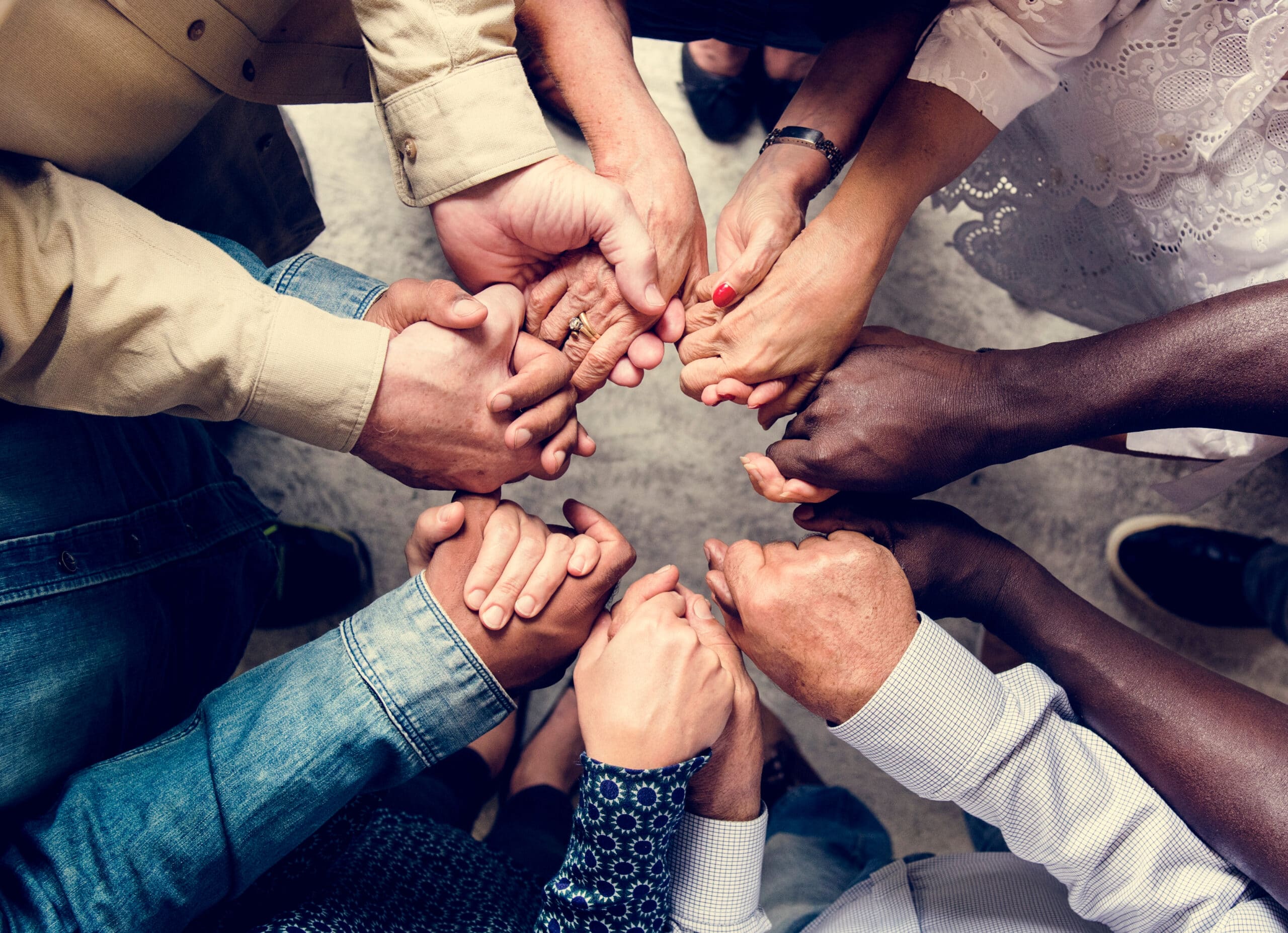How to Help a Loved One Battling Addiction
It can be heartbreaking and difficult to see a loved one suffering from an addiction, but rest assured that there are proven ways to help. Supporting addiction recovery for a loved one can have a massive impact on the longevity of their recovery, and your support can make that difference for them. Addiction can be a lonely place, and once your loved one is strong enough to get to a place where they are open to recovery, you have to be strong enough to be there for them on the other side.
Wellness Recovery Center of NJ is a New Jersey drug rehab center that offers comprehensive treatment.
Drug Intervention Services
Intervention strategies are proven and impactful, and all the resources are out there for you to have success. An intervention is a thoughtfully planned process that may be done with a group of family members or friends, and directed by an interventionist. A typical intervention will look something like this:
- Come up with a Plan – Game plan the different directions the intervention can go and plan for each outcome. It is best to consult with the professional interventionist and potentially a mental health counselor, psychotherapist, or any professional in the field to forge a plan and understand what you are up against.
- Form a Team – Decide who is going to strike a chord and make an impact. The team of people you choose to include should be extremely well thought-out and should include people who truly care and want the best for your loved one. Friends can help make the process less emotional and keep the discussion focused throughout the intervention, so consider inviting a few. Team members should sync up and come up with a cohesive game plan ahead of time.
- Decide on Consequences – If your loved one fights back, which they often will, come up with real consequences that will take place if the person does not agree to seek recovery. This can be as deep as a friend vowing never to speak to them again, or a family member kicking them out of the house. It may seem extreme, but they need to know you are serious.
- Choose the Intervention Site and Hold the Meeting – You will ask your loved one to meet you at the specified meeting space without them knowing what they are walking into. Everyone will then take turns offering their words and expressing feelings and concerns.
- Follow Up Regularly – Supporting addiction recovery is very important. Once your loved one hopefully agrees on undergoing treatment, follow up with them regularly to help them remain in treatment and avoid relapsing. It is important to avoid enabling behavior that may lead them back on the path of addiction. Standing strong in your support of them and checking in regularly can help keep them on the path of recovery long-term.
Attending family support groups is also an effective method of supporting addiction recovery and helping your loved ones achieve long-term, lifelong sobriety. A family support group helps educate family members and friends while loved ones are in treatment. You may know your loved one very well, but knowing and understanding the nuances of addiction is a completely different beast. In family support groups you will be able to educate yourself on addiction, behaviors to look out for, reasons why people turn to substances, ways to prevent your loved one from relapsing, and more. Family support groups are an effective means of supporting addiction recovery long-term for your loved one, and gaining a better understanding of what they may be going through physically, mentally, and emotionally. They are going to need you at one point or another, and having the education and understanding the ins and outs of addiction will help you be better prepared to help them succeed in their recovery for the remainder of their lives.
Your loved one will feel your support and will see the lengths that you went through to understand what they have been going through and are fighting through. At one point or another, they will be grateful to know how deeply you care about their well-being and how important their recovery is to you. At Wellness Recovery Center of New Jersey, we offer family support programs to educate families on addiction while their loved ones are in treatment. We also offer relapse prevention groups, coping skills training, yoga therapy, meditation and breathwork, art therapy, music therapy, DBT therapy and more. We also encourage our recovered alumni to regularly return to our facilities and speak to others about their successes. We encourage you to follow up and regularly check in on your loved one to ensure they will sustain their recovery and live a long, sober, healthy life alongside loving friends and family. For more information on our Family Support Group at Wellness Recovery Center of New Jersey, please call us at (866) 861-3449 today.



Leave a Reply